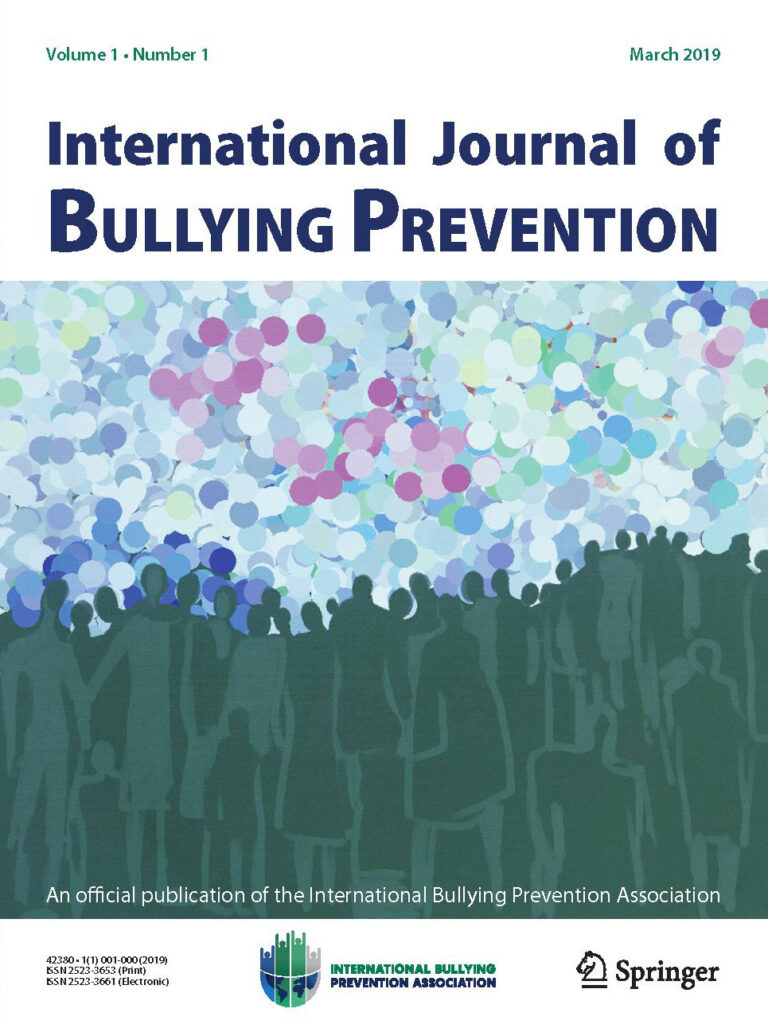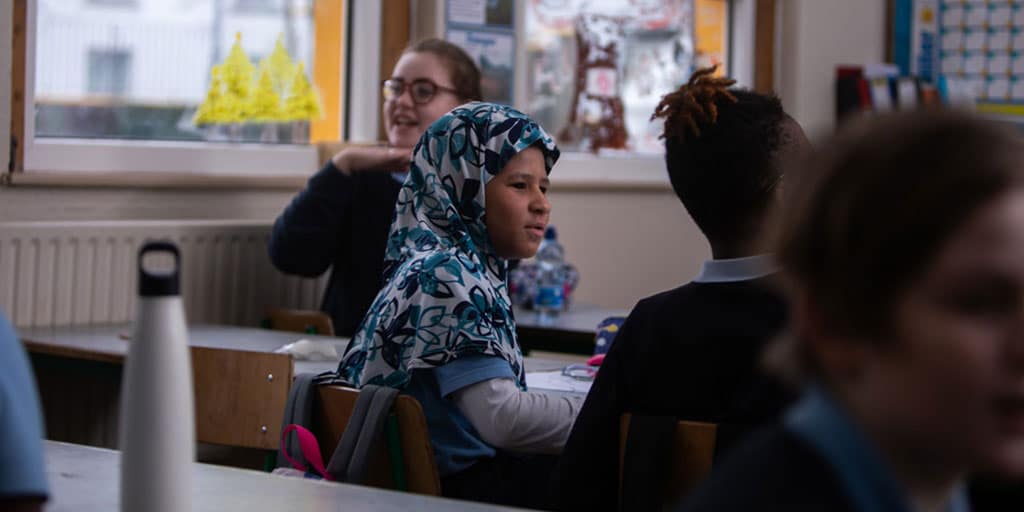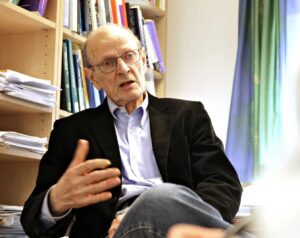Background: According to extensive international research, medical graduates continue to face significant challenges as they transition from student to doctor. Contributory factors include issues with preparedness, support, workplace interactions and challenges to their health and wellbeing. While research to date, in the form of attitudinal information, and common qualitative themes, has afforded us some insight into this formative period, a contemporaneous exploration of the lived experience of transition to practice is lacking. To improve work readiness and ease the transition, focused interventions have been designed and implemented; however, an overview of the research activity into these interventions is also lacking. My thesis aims to address these gaps by achieving a deeper understanding and appreciation of the experience of the first year of practice, by exploring the lived experience of anticipation of practice, the experience over the first year and the experience of intra-professional mistreatment. I will also describe the evidence for interventions to support these doctors.
Methodology: For my longitudinal exploration of the lived experience of the transition, I used the contemporary phenomenological approach of interpretative phenomenological analysis (IPA), which aligns with my interpretivist/constructivist worldview. The methodological frameworks and guidelines of Arksey and O’Malley, Levac and the Joanna Briggs Institute informed my scoping review of the literature into transitional interventions.
Methods: I purposively recruited 14 recent medical graduates. I interviewed them prior to commencing work, regarding their experience of anticipation of practice, and again at the end of their first year with respect to their experience of transition over the year. Each participant recorded audio diaries during the year relating to their experiences. Interviews were recorded, and all data was transcribed verbatim and anonymised. Analysis was carried out using IPA to identify common themes in respect of my research questions. To explore the experience of intra-professional mistreatment during the transition I focused on the data of a subset of three participants. For my scoping review, I assembled a research team of experts. Using relevant terms, we searched Medline Ovid, Embase, PsycInfo, SocIndex, ERIC and CINAHL databases, handsearched key journals, and tracked citations to identify empirical papers describing the implementation and/or evaluation of interventions designed to address preparedness for practice. Papers were screened by abstract and title and then by full text using inclusion and exclusion criteria. Data was extracted to address the focus of the review.
Results: The experience of anticipation of transition was characterised by the expectation of an abrupt transition, mixed feelings regarding commencing practice and strategic planning in anticipation of the challenges ahead. The hidden curriculum shaped participants’ understanding of what was expected of them and inspired dysfunctional strategies to meet these expectations. I identified overlapping stages in the experience over the first year. An initial emotional response, similar to the ‘transition shock’ described in newly graduated nurses was followed by an increase in confidence, challenges with workload, support and workplace interactions, and a final stage of rationalisation of the challenges encountered during the year. Distressing experiences of victimisation, disrespect and issues securing support from more senior doctors were described, which inspired some maladaptive behaviours. My scoping review revealed a lack of emphasis on real-patient care experiences, on the wellbeing of the graduate, or involvement of allied healthcare professionals, and a lack of standardisation regarding categorisation and terminology used to describe transitional interventions, with low level study design and evaluation.
Discussion: While the abrupt nature of the transition characterised the early experience of commencing work, beyond this, cultural, relational and contextual factors predominated. One way to alleviate the abrupt nature of the transition is to strengthen experience based learning as an undergraduate so that the role of senior medical student approximates that of newly qualified doctor. There is also a need for greater accommodation of the early transition period at organisational level. Deep cultural change is required to address the hidden curriculum and mitigate its negative effects. Interventions to address bullying and harassment, suboptimal supervision, issues with inter-professional collaboration and increased work intensity are also vital to improve the experience of transition to clinical practice. My findings have added to the extant knowledge relating to the transition to clinical practice and will inform undergraduate and postgraduate curricula and interventions to support this important period in the lives of medical graduates.



